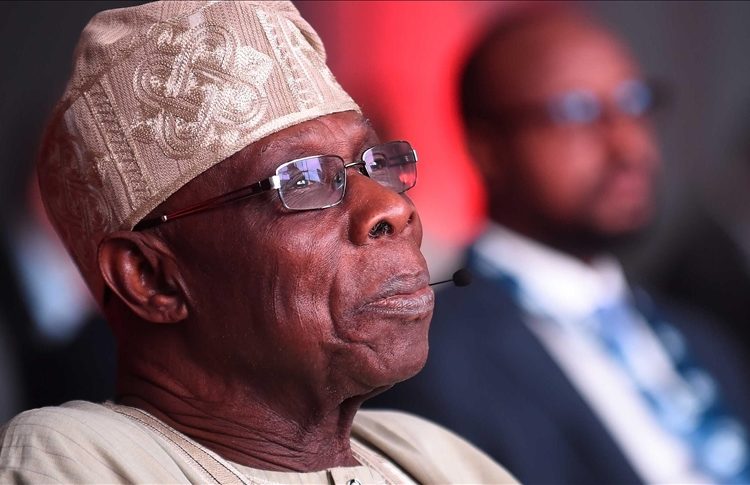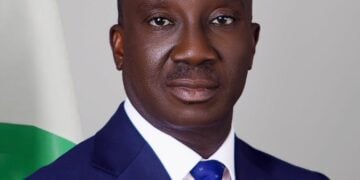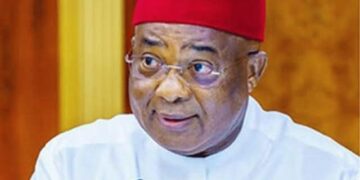A former minister of power and steel, Dr Olu Agunloye has refuted allegations made against him by ex-President Olusegun Obasanjo over the mismanagement of the Mambilla Power Project.
Obasanjo had accused Agunloye of mismanaging the project during his tenure from 1999 to 2003.
But Agunloye described the claims as baseless, false and malicious through a comprehensive 53 paragraph, 14-page statement, supported with 15 attachments in an 82-page document as an affidavit to the courts in Nigeria and France.
He also sent a copy of these documents to former President Obasanjo through his legal team.
In his response, Agunloye clarified the nature of the initial contract for the Mambilla Power Project, which was awarded as a Build, Operate and Transfer (BOT), contract in May 2003 under his watch.
Under this model, the contractor, Messrs Sunrise Power and Transmission Company Limited (Sunrise), was responsible for sourcing funds and executing the project with its own funds. The Federal Government of Nigeria (FGN) was not obliged to pay any amount to Sunrise.
He said the investment required for Sunrise to construct the Mambilla hydroelectric project up to completion, which was estimated at a maximum of $6 billion by four ministers of Power and former President Obasanjo before his tenure as Minister of Power.
Agunloye said the assertion by Obasanjo that he awarded a $6 billion contract (N800 billion in 2003) to Sunrise was inaccurate and misleading.
The former minister revealed that for 20 years, he was never questioned or interrogated about issuing any unauthorised Mambilla contract by any Nigerian president, including Obasanjo as they all knew that he did nothing wrong.
Agunloye also raised serious concerns about the change of contract model for the Mambilla Power Project after his tenure, saying Obasanjo decided to split the Mambilla Hydropower Project into smaller components.
“On the 28th of May 2007, a day before handing over power to President Umaru Yar’Adua, President Obasanjo changed the terms of the Mambilla project from Build, Operate and Transfer, which would not have required any investment from the Federal Government of Nigeria (FGN) to a fully funded FGN EPC contract,” he said.











